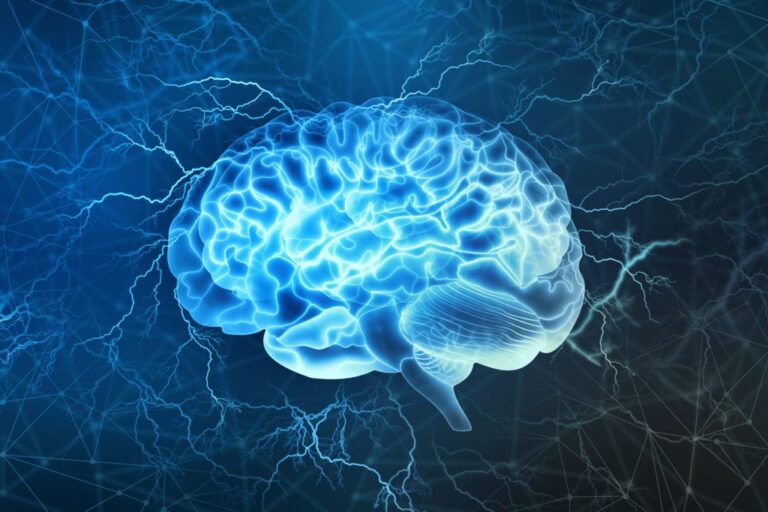We’ve all heard that exercise is good for us, but did you know it could be a game-changer in the battle against Alzheimer’s disease? Recent research suggests that lacing up those running shoes or hopping on a bike might be more effective than you’d think when it comes to preventing and even slowing the progression of this devastating condition.
The Alzheimer’s Challenge
Let’s face it: Alzheimer’s is scary. It’s a disease that robs people of their memories, their independence, and ultimately, their sense of self. By 2050, experts predict that nearly 100 million people worldwide could be affected by Alzheimer’s. That’s a staggering number, and it’s why researchers are working tirelessly to find effective treatments and prevention strategies.
Enter: Aerobic Exercise
Now, here’s where things get exciting. While scientists have known for a while that exercise can help prevent Alzheimer’s, new studies are showing that it might also be a powerful tool for slowing the disease’s progression in people who already have early signs of cognitive decline.
The EXERT Trial: A Game-Changer
A recent study called the EXERT trial has got the scientific community buzzing. Here’s the scoop:
- 296 older adults with mild cognitive impairment (often a precursor to Alzheimer’s) took part
- Participants were divided into two groups: one did aerobic exercise, the other did stretching
- Both groups exercised 4 times a week for 45 minutes each session
- The trial lasted a full year
The results? Both the aerobic and stretching groups maintained their cognitive function over the year, while a comparison group receiving usual care continued to decline. That’s huge!
Maria Carrillo, PhD, chief science officer of the Alzheimer’s Association, called these results “remarkable and encouraging.” And she’s not wrong – this is seriously good news.
How Does Exercise Stack Up Against New Drugs?
You might have heard about new Alzheimer’s drugs hitting the market, like Leqembi and Kisluna. They’re getting a lot of attention as the first medications that can actually slow the progression of early-stage Alzheimer’s. But here’s the kicker: these drugs come with some major drawbacks:
- They’re incredibly expensive (we’re talking $100,000+ per year)
- The treatment regimens are demanding
- The benefits are often barely noticeable
Now, compare that to exercise. It’s:
- Free or low-cost
- Accessible to most people
- Beneficial for your overall health
- Potentially just as effective (if not more so) at slowing cognitive decline
The Power of Prevention
Here’s another mind-blowing fact: regular exercise isn’t just good for slowing Alzheimer’s – it’s one of the best ways to prevent it in the first place. A huge study looking at over 160,000 people found that physically active folks are 45% less likely to develop Alzheimer’s. That’s a pretty compelling reason to get moving!
What Kind of Exercise Works Best?
So, you’re convinced and ready to lace up those sneakers. But what type of exercise should you be doing? Here’s what the research suggests:
- Aerobic exercise seems to be the most effective for boosting brain health
- Aim for 3-4 sessions per week
- Each session should last about 45 minutes
- Activities that get your heart rate up are ideal (think brisk walking, jogging, cycling, or swimming)
While resistance training (like weightlifting) is still good for you, it doesn’t appear to have quite the same cognitive benefits as aerobic exercise.
Related Stories
The Science Behind the Sweat
You might be wondering how exactly exercise helps fight Alzheimer’s. While researchers are still unraveling all the details, here are some of the ways physical activity benefits your brain:
- Increased blood flow: Aerobic exercise helps dilate blood vessels, bringing more oxygen and nutrients to your brain cells.
- Reduced inflammation: Regular exercise can help calm inflammation in your nervous system.
- Brain growth: Believe it or not, exercise can actually help certain parts of your brain grow, particularly areas involved in memory and cognitive function.
- Boosted BDNF: Exercise increases the production of a compound called BDNF, which helps your brain grow and function smoothly.
The Bottom Line
While we don’t have a cure for Alzheimer’s yet, the evidence is clear: regular aerobic exercise is one of the most powerful tools we have for both preventing and potentially slowing the progression of this disease. It’s cost-effective, accessible, and comes with a host of other health benefits.
So, whether you’re worried about developing Alzheimer’s in the future or you’re already experiencing some cognitive changes, making exercise a regular part of your routine is a smart move. Talk to your doctor about starting an exercise program that’s right for you, and remember – it’s never too late to start reaping the brain-boosting benefits of physical activity.
Your future self (and your brain) will thank you for it!




Comments are closed.